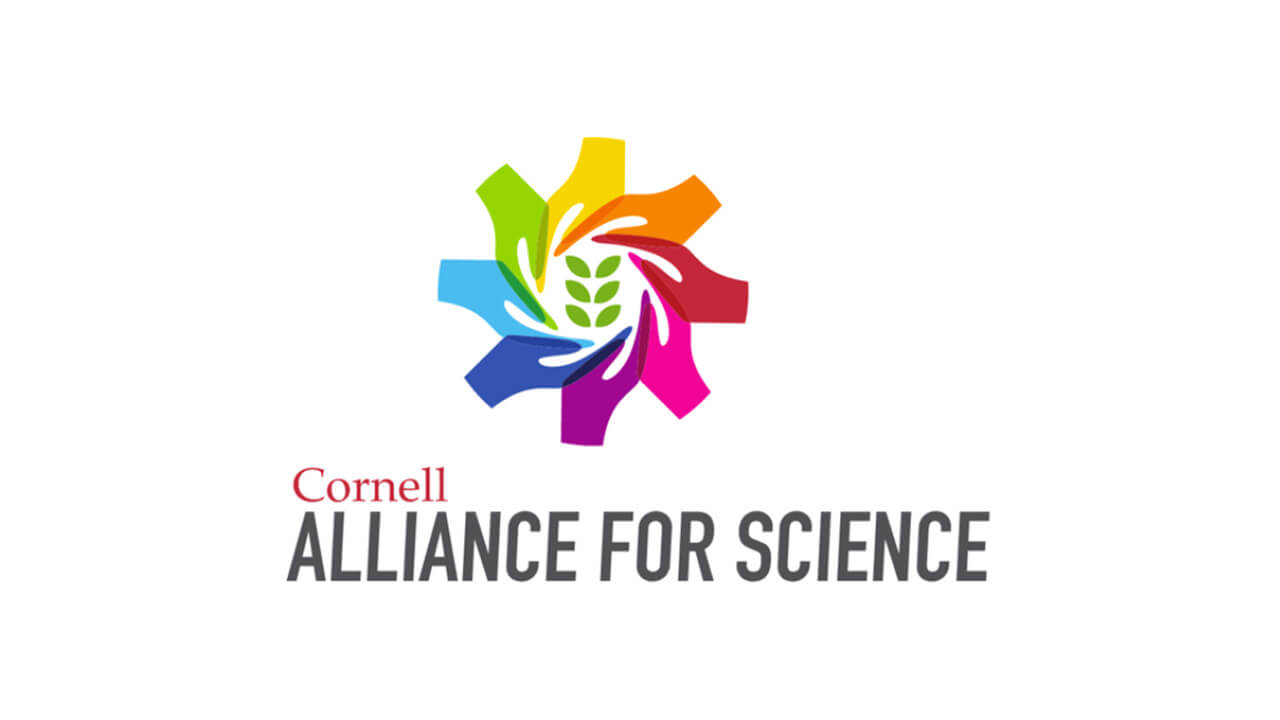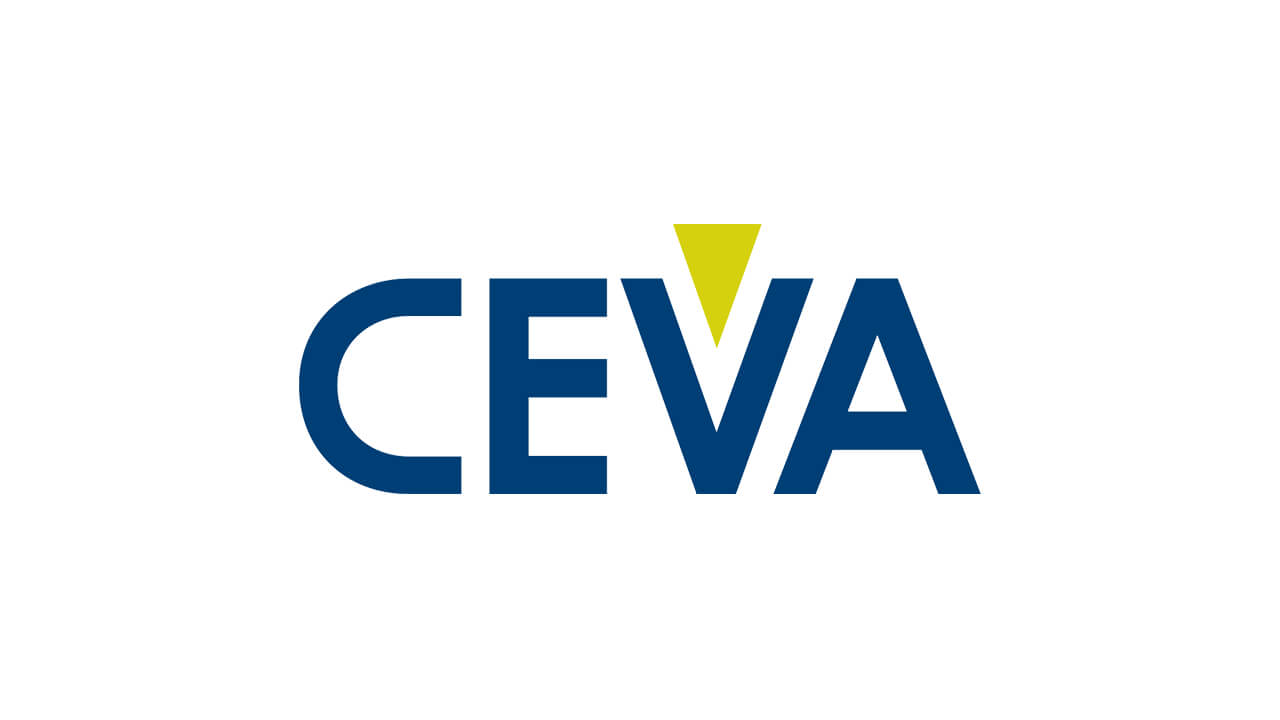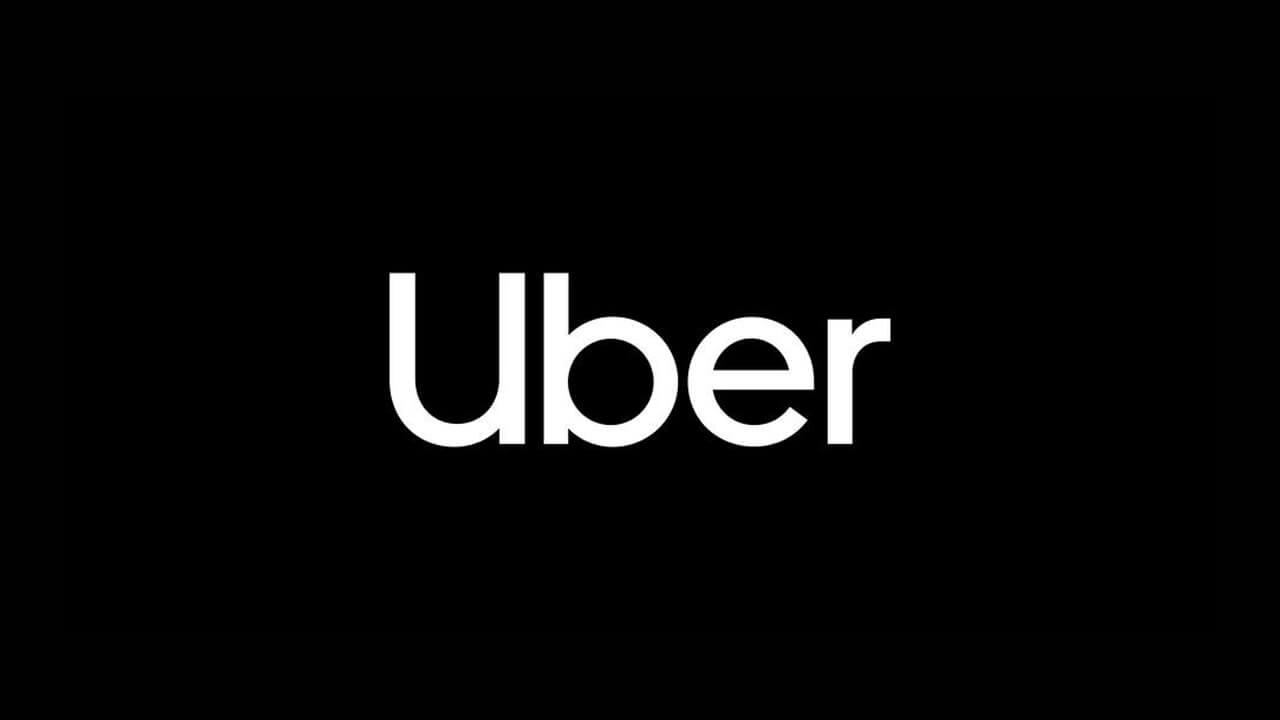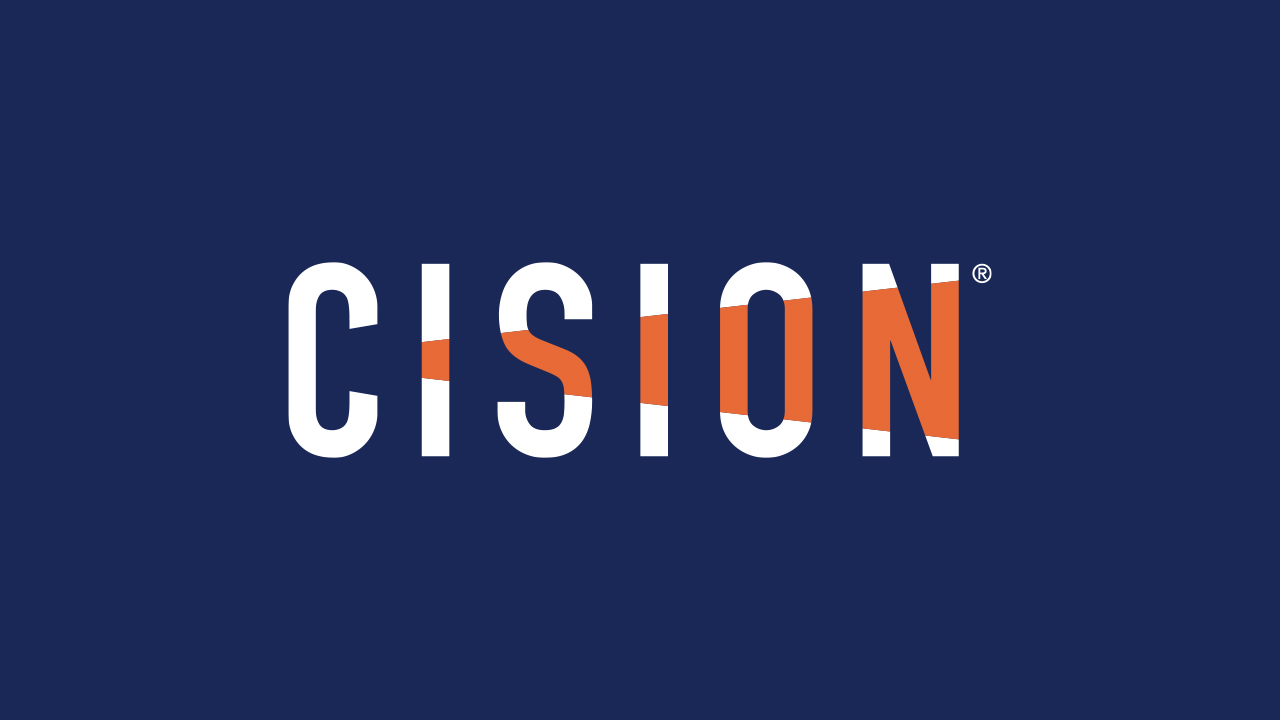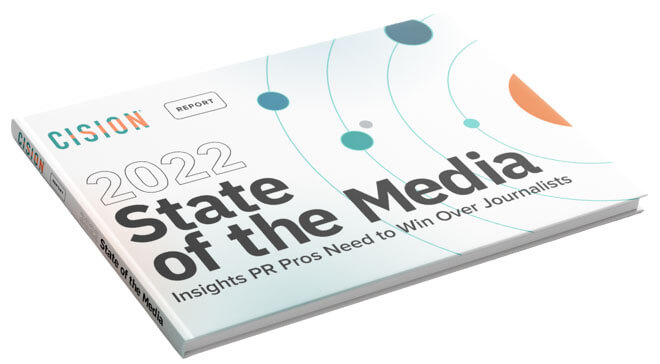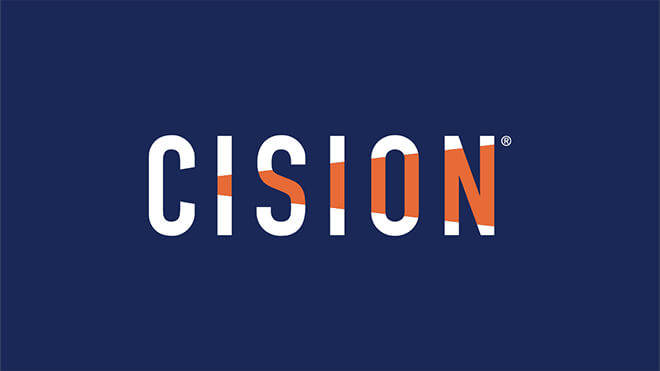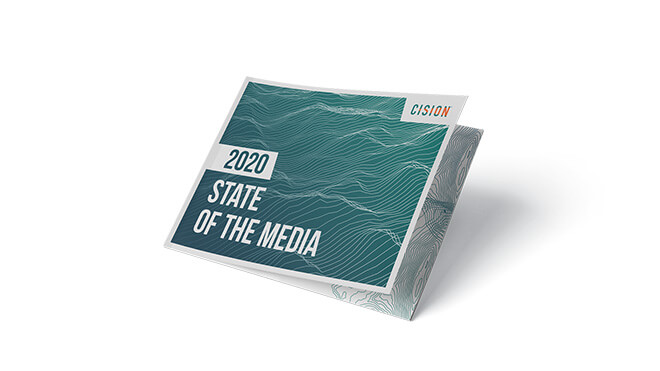About The Alliance for Science
The Alliance for Science is a global communications and training initiative dedicated to advocating for agricultural innovations and evidence-based policies. We counter conspiracy theories and misinformation in contentious science issues, such as genetic engineering, vaccines, infectious diseases, and climate change, and share accurate information about these topics. The Alliance is based at the Boyce Thompson Institute on the Cornell University campus, with an office in Nairobi, Kenya.
Alliance for Science Case Study
The Challenge
In its ongoing mission to promote education and awareness of environmentally sustainable issues, the Alliance for Science at the Boyce Thompson Institute (the Alliance), was eager to understand the general public’s current understanding of – and perceptions around – agricultural biotechnology (Ag Biotech), genetically modified organisms (GMO), gene editing and gene drive.
They were particularly interested in understanding the coverage drivers and the tone of the conversation and how those were developing over time in traditional and social media.
They approached Cision Insights for help gathering the information they needed, sorting through the data and making sense of the findings. Ultimately, the Alliance was hoping to get the right insight to inform a more effective communications strategy around these topics.
"To date, this study represents one of the most comprehensive views of GMO perception within both social media platforms and general news media, leveraging over three years of continuous tracking and analysis conducted by our team at Cision."
The Approach
Using their media monitoring and social listening tools, Cision’s Insights team was able to track key messages in stories such as: access to innovation for farmers; scientific consensus on GMO safety; food security; and climate resilience in crops and livestock. They also worked with Cision’s analysis experts to derive meaning from their findings and understand how they could leverage it.
One of the major goals was to gain better insight into how topics related to GMOs are covered in the media and discussed on social media, which would enable the Alliance to evolve their messaging to address real questions consumers were asking, address and counter misinformation and influence the conversation in a meaningful way.
Over the course of three years, Cision looked at the volume, reach and tone of over 100,000 online and print articles published in English in top-ranked media, as well as 1.7 million social media interactions. They also employed automated computer analysis to gather sentiment in real time, using Cision’s natural language processing and custom dictionaries.
In addition to their automated tools, Cision employed their team of analysts to provide human validation of 10,800 top-tier English language articles and 54,000 social media posts per month. To supplement their data, the Alliance ran focus groups nationwide and conducted surveys centered on consumer perceptions around GMO and gene editing.
Alliance for Science Case Study
Key Findings
In total 103,084 traditional media articles covering GMOs were analyzed, alongside 1,716,071 pieces of social media content. Among the major findings and observations from their analysis (which were recently published in the open-source academic journal GM Crops & Food):
- Early on, traditional media coverage of GMOs tended to be somewhat more positive than social media conversations on the topic; however, that gap disappeared over time.
- Traditional media coverage of the GMO issue increased significantly, while GMO-related posts on social media trended downward.
- Both traditional and social media saw trends toward increasing favorability, with the positive trend especially robust in social media.
- Cyborgs and bots represented about a third of the users engaged in the GMO social media debate, and their posts were substantially more negative in sentiment than human accounts, which suggests intent behind the account to “sow dissent and make the GMO conversation appear more negative and polarized than it is.”
Turning Insights into Action
Through their engagement with Cision’s team of experts, the Alliance was able to drill down into the data and better understand how these topics were covered in traditional media outlets, from TV and radio to print to podcasting, and discussed on social media. With deep insight into how key audiences both consumed this information and what they thought about it, the Alliance was able to build meaningful messaging that resonated and addressed real questions the public was asking, counter misinformation and influence the conversation.
Armed with a baseline of data and a new communications plan in place, the Alliance continued to track conversations and coverage to see where and how their communications efforts were making an impact.
Alliance for Science Case Study
A New Challenge: The Fight Against Misinformation
Since the study around GMOs, the Alliance has partnered with Cision’s Insights team twice more for two major initiatives:
- An analysis of public perception around COVID and the spread of misinformation around it: The Alliance tapped Cision to conduct an ad hoc study using the NextGen Cision Comms Cloud, which revealed key insight into who was driving the conversation that was contributing to the spread of COVID misinformation. This finding led to a white paper , which was subsequently featured in over 30 top-tier outlets, including The New York Times (where it was widely syndicated globally in seven languages), Reuters, the Guardian, the Washington Post and CNN.
- A COVID vaccine misinformation report, in collaboration with Center for Science in the Public Interest and Vaccinate Your Family: This study resulted in a peer-reviewed journal article, COVID-19 Vaccine Misinformation in English- Language News Media: Retrospective Cohort Study that was published in British Medical Journal Open.

